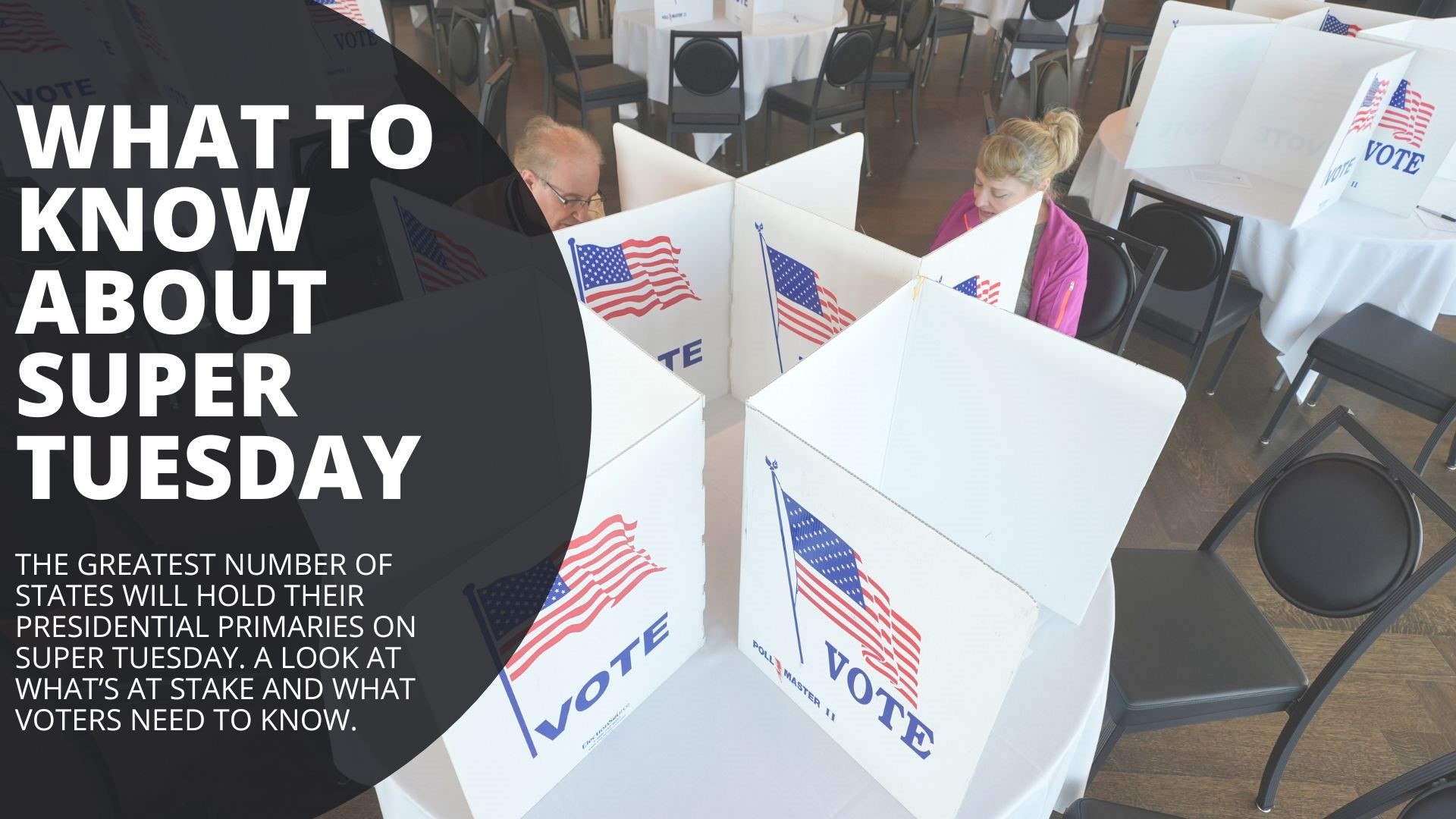GEORGIA, — As voters prepare to brave the lines, 11Alive wants citizens to be informed of changes in Georgia's 2024 election process. Here are the key details about Georgia's Election Integrity Act of 2021, or Law S.B. 202.
The law, which faced much scrutiny during its revision, has five central elements: New restrictions on the use of drop boxes and mobile voting, changes in absentee and provisional ballots, and an expansion on where people can serve as poll workers.
Primary Day in Georgia for 2024 is March 12, the Tuesday after Super Tuesday.
Absentee Ballots Changes
Now
Voters now need to provide their driver’s license number or specified voter ID, request their ballot at least 11 days before the election, and use an updated absentee ballot form.
Before S.B. 202
The rules for absentee ballots were less stringent before SB 202, with no requirement for a driver’s license number or specific voter ID. Additionally, the timeline for requesting absentee ballots was more flexible, giving voters until the Friday before election day.
Drop Box Changes
Now
Counties are now limited to one drop box per 100,000 registered voters. Drop boxes must be located at the office of the board of registrars, absentee ballot clerk, or inside advance voting locations, adding that they can only be opened while the voting is being conducted.
Before S.B. 202
Previously, there was no restriction on the number of drop boxes, their service times, or their location.
Food and Water for Voters in Line
Now
The law makes it a misdemeanor to give away food or water within 150 feet of the outer edge of a polling place building or within 25 feet of any voter in line. Voters can bring their own food and refreshments with them to stand in line. Poll workers can make available "self-service water from an unattended receptacle to an elector waiting in line to vote."
Before S.B. 202
This only applied to campaign materials, petition signatures, and setting up tables within 150 feet of the outer edge of a polling place building or within 25 feet of any voter in line.
Provisional Ballot Changes
Now
Provisional ballots cast in the wrong precinct will only count if cast after 5 p.m. Voters who arrive at the wrong precinct before 5 p.m. will be directed to their correct precinct.
Before S.B. 202
Voters who went to the wrong precinct on Election Day could cast a provisional ballot and cast a ballot for any race at that precinct if they were eligible.
Mobile Voting Changes Poll Workers
Now
Mobile voting units can only be used during declared disasters under SB 202.
Before S.B. 202
Mobile units were introduced and used to expand early voting opportunities.
Poll Workers
Now
Changes allow poll workers to serve in adjoining counties, expanding the pool of eligible workers.
Before S.B. 202
Poll workers were required to be residents or employees of the county they wished to serve.
Other changes included in House Bill 1118 to protect poll workers were re-introduced in February following the experience of former Fulton County election workers Ruby Freeman and Shaye Moss. The mother-daughter duo endured death threats from across the nation after former President Donald Trump and his attorney Rudy Giuliani accused them of election fraud, a claim that was quickly debunked.
If it becomes law, the bill would expand current protections to all election workers, such as contract workers, part-time workers, seasonal workers, and credentialed observers. It would also protect an election worker’s personal information from Freedom of Information requests.
Rep. Saira Draper, Georgia House Representative for District 90, sponsors the bill. She said she is also adding language to the bill requiring the State Election Board to compile a report about how many threats are reported to the Attorney General’s hotline.
11Alive is committed to helping you vote confidently by understanding the 2024 election issues that impact you. Our goal is to educate and inform our audience about the election process. We plan to do that by verifying facts, providing context, and explaining the system. Get more election resources here at 11alive.com/vote.

